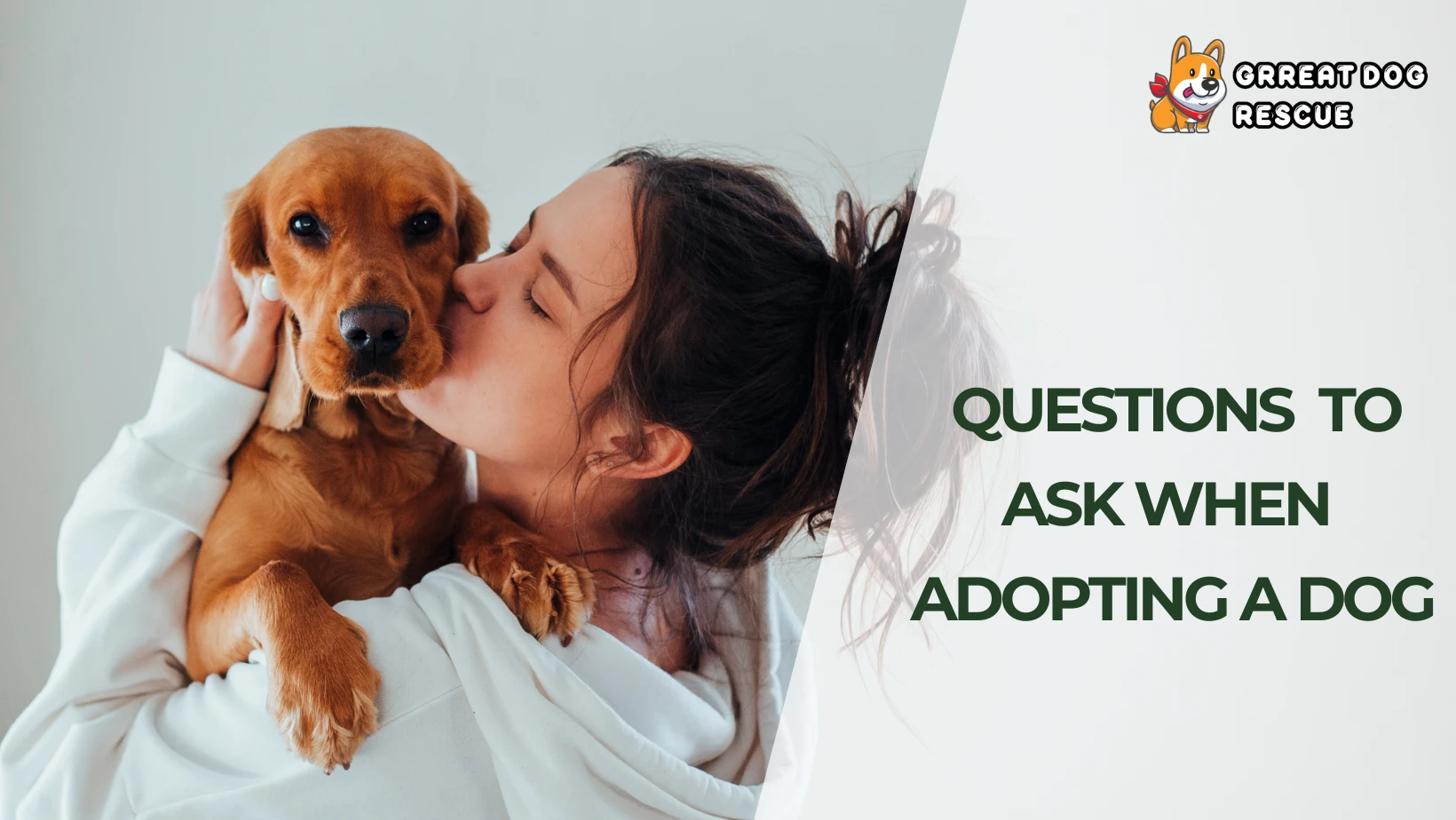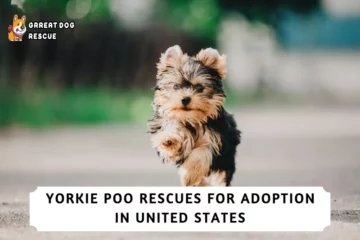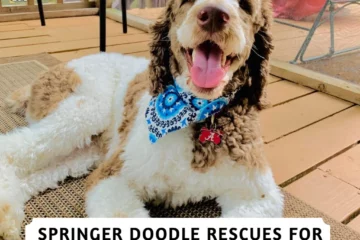Thinking about bringing a new dog into your family? Congratulations! Dogs can bring so much joy, love, and companionship into our lives. But before you start on this exciting journey, it’s important to ask the right questions when adopting a dog. Asking questions not only helps you find the perfect furry companion but also ensures a successful adoption.
By asking about the dog’s background, temperament, and health history, you can make an informed decision that aligns with your lifestyle and preferences. Being prepared with the right information will help you create a loving and harmonious bond with your new family member. So buckle up and get ready to discover the essential questions to ask when adopting a dog.
Questions you Should Ask Before Adopting A Dog:
Bringing a new furry friend into your home is an exciting time! Adopting a dog can be life changing in all the best ways. But before you welcome your new canine companion, it’s important to ask the right questions to ensure it’s a good match. Finding the perfect dog for your lifestyle and needs takes some consideration. So we will cover all the questions you should ask when adopting a Dog. So lets get Started!
1. Questions Regarding Compatibility:
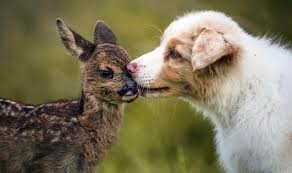
To assess compatibility between your existing pets and a potential new addition, here are some questions you should ask:
Q1: How does this particular dog interact with other animals? It’s crucial to know if the dog has been socialized with other pets before adoption.
Q2: Has this dog lived with cats/other dogs before? If they have previous experience living harmoniously with similar animals, it increases the chances of successful integration.
Q3: What is the dog’s general behavior around other animals? Understanding their behavior can help determine if they are likely to get along with your current pets.
Q4: Does the dog have any known aggression issues towards other animals? It’s important to be aware of any potential aggression problems that may arise when introducing them to your existing pets.
Potty Training and Crate Training Questions:

One of the most crucial aspects to consider is their training. Two important areas to focus on are potty training and crate training. Here are some key questions to ask when it comes to these training methods:
Potty Training Progress:
What information should you seek regarding potty training progress?
It’s essential to gather information about the dog’s current potty training status. Ask the shelter or previous owner about their progress in terms of housebreaking. Find out if they have any specific routines or signals that indicate when they need to go outside.
Q: Are there any common challenges or issues with potty training?
Inquire about any challenges or issues the dog might have faced during their potty training journey. This will help you understand if there are any specific areas where they may require additional support or patience.
Q: How can you continue the potty training process at home?
Seek guidance on how to continue the potty training process once you bring your new pooch home. Learn about effective techniques, such as positive reinforcement and consistent schedules, that will aid in their successful transition into your household.
If you still have any issues regarding potty training watch this Video below:
Crate Training Considerations:
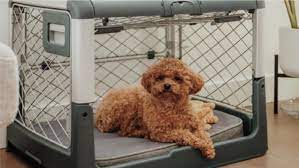
Are there any specific crate training concerns or considerations to address?
Crate training can be a valuable tool for both housebreaking and providing a safe space for your furry friend. However, it’s important to inquire about any potential concerns related to crate usage, such as anxiety or fear associated with confinement.
Q: What size crate is appropriate for your dog?
Determine what size crate would be suitable for your dog’s breed and adult size. The crate should provide enough room for them to stand, turn around comfortably, and lie down without feeling cramped.
Q: How does understanding previous training efforts impact future success?
Understanding the previous efforts made in crate training can greatly influence future success. Inquire about the dog’s previous experiences with crate training and any positive or negative associations they may have developed.
Q: What steps can you take to make the crate a positive and inviting space?
Ask for tips on making the crate a welcoming environment for your furry friend. This may include using treats, toys, or soft bedding to create a positive association with their crate.
Remember, every dog is unique, and their training needs may vary. It’s important to be patient, consistent, and understanding throughout the process. By asking these questions and seeking guidance from professionals or experienced dog owners, you’ll be better equipped to navigate potty training and crate training successfully.
Dog Adoption Paperwork and Interview Questions:
Before finalizing the adoption of a dog, it is essential to review the necessary paperwork. This step ensures that you have a clear understanding of the responsibilities and expectations associated with adopting a furry friend. Conducting interviews with the shelter or rescue organization can provide valuable insights into the dog’s background and behavior. Let’s delve into these aspects further.
1. Reviewing Adoption Paperwork: When adopting a dog, it’s crucial to carefully review all the paperwork provided by the shelter or rescue organization. This documentation typically includes:
Adoption Agreement: This agreement outlines the terms and conditions of the adoption, including any fees, spaying/neutering requirements, and vaccination records.
Medical Records: These records detail any medical treatments or vaccinations that have been administered to the dog.
Behavioral Assessment: Some shelters conduct behavioral assessments on their dogs to evaluate their temperament and suitability for adoption.
Microchip Information: If the dog has been microchipped, make sure you receive information about it so that you can update your contact details as necessary.
By thoroughly reviewing this paperwork, you can gain valuable insight into your potential new companion’s health history, behavior traits, and any specific care requirements they may have.
Conducting Interviews: Interviews with shelter staff or representatives from rescue organizations are another crucial step in the adoption process. These conversations allow you to gather more information about the dog you are considering welcoming into your home.
During these interviews, consider asking questions such as:
Q: What is known about the dog’s background?
Understanding where a dog came from can provide insights into its past experiences and help determine if it will be a good fit for your family.
Q: How does the dog interact with other animals?
If you already have pets at home, knowing how well they might get along is important for everyone’s well-being.
Q: Has the dog displayed any specific behavioral issues?
It’s essential to be aware of any potential challenges or training needs the dog might have.
Q: What are the dog’s exercise and activity requirements?
Knowing the energy level and exercise needs of a dog can help ensure compatibility with your lifestyle.
These interviews give you an opportunity to assess whether the dog aligns with your expectations, living situation, and ability to provide proper care.
Key Takeaways for a Successful Dog Adoption:

Adopting a new dog is an exciting and fulfilling experience, but it’s important to approach it with careful consideration. Here are some essential points to remember when adopting a new dog:
1. Research Different Rescue Organizations: Before making the decision to adopt, take the time to research different rescue organizations and shelters in your area. Each organization may have its own adoption process and requirements, so it’s crucial to find one that aligns with your values and preferences.
2. Consider the Perfect Dog for You: While it’s tempting to envision the “perfect” dog, keep in mind that every dog has unique qualities and needs. Consider factors such as size, energy level, temperament, and compatibility with your lifestyle and family members. Remember that rescue dogs come from various backgrounds, so be open-minded about finding the right fit.
3. Visit Shelters or Foster Homes: Take the opportunity to visit shelters or foster homes where dogs are available for adoption. This will allow you to interact with different dogs, observe their behavior, and get a sense of their personality traits. Spending time with them can help you make an informed decision about which dog is the best match for you.
4. Ask Questions about Behavioral Issues: When considering a specific dog for adoption, don’t hesitate to ask questions about any behavioral issues they may have exhibited in the past. Understanding their history can give you insight into potential challenges or training needs they may require.
5. Be Prepared for Effort and Commitment: Owning a dog requires effort and commitment on your part. It’s important to be prepared for daily responsibilities such as feeding, exercising, grooming, training, and providing veterinary care. Dogs thrive on routine and consistency, so ensure that you can dedicate time and resources to meet their needs.
Conclusion: Questions to Ask When Adopting a Dog
Hope you liked this post, Throughout this blog post, we cover various questions to ask when adopting a dog, including compatibility with other pets, and addressing potty training and previous behavioral issues and much more.
Now armed with this knowledge, you can approach the adoption process with confidence. Remember that finding the perfect match may take time and patience. It’s crucial to consider not only what you want in a dog but also what they need from you. By asking these questions and gathering all necessary information, you’ll be able to make an informed decision that will lead to a fulfilling relationship between you and your new furry companion.

Lauren James is a self-proclaimed dog lover and owner of multiple furry companions. She has a deep passion for animal welfare and often volunteers at local shelters to help care for and find homes for rescue dogs.

